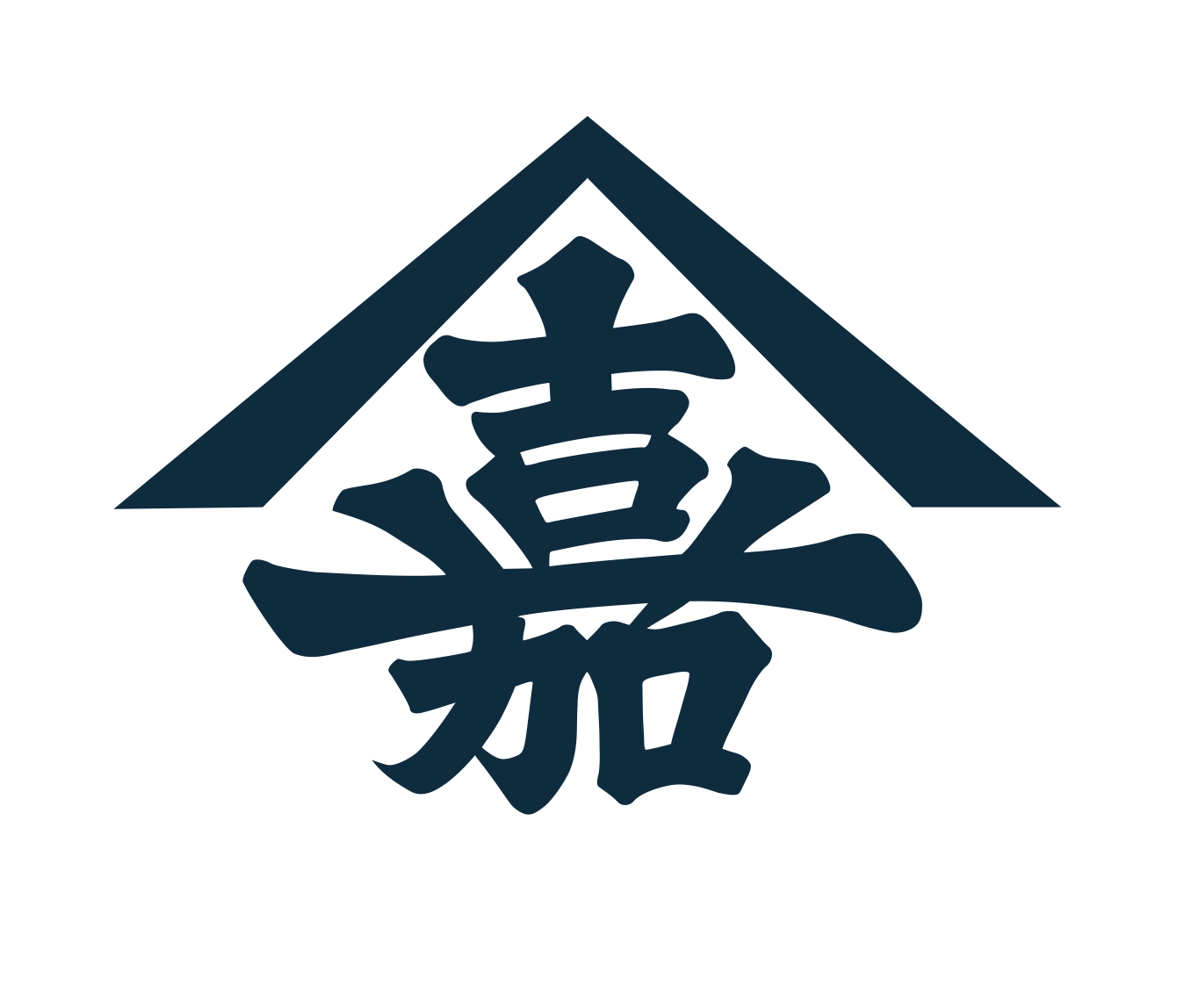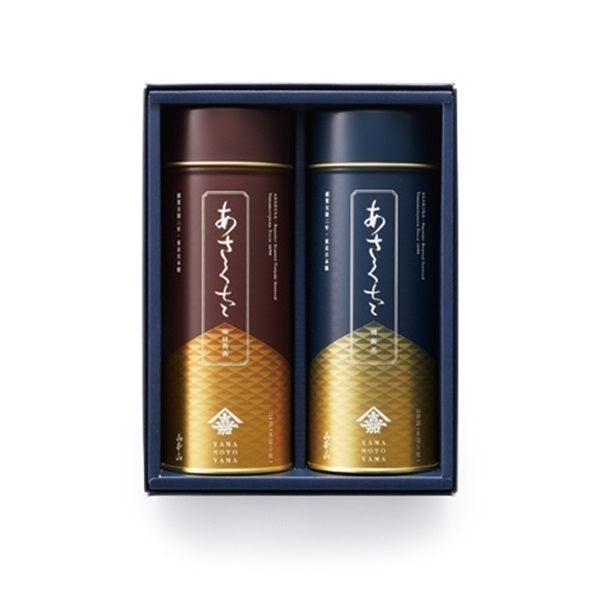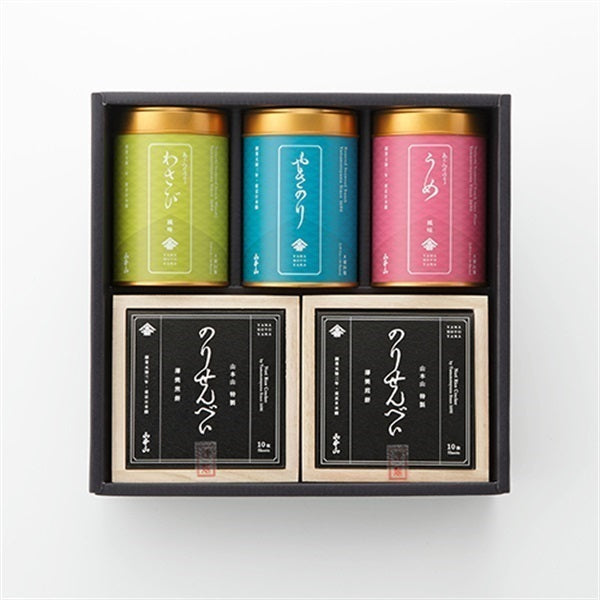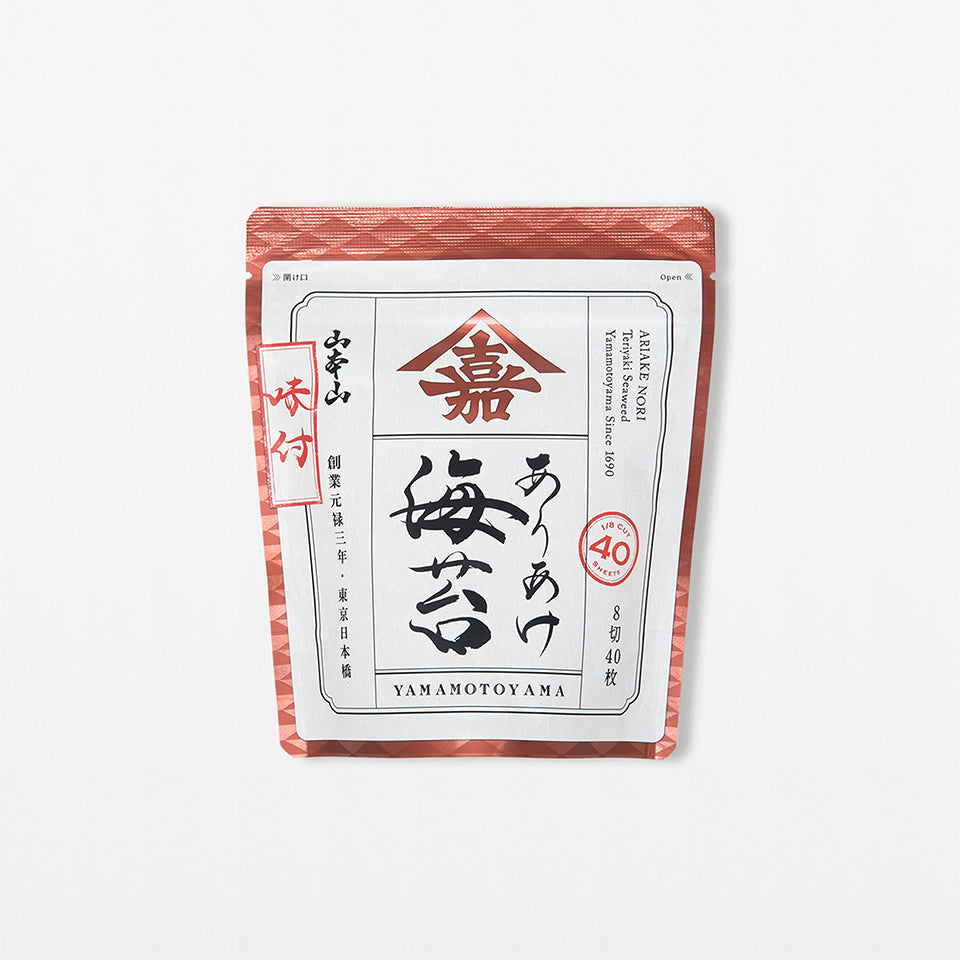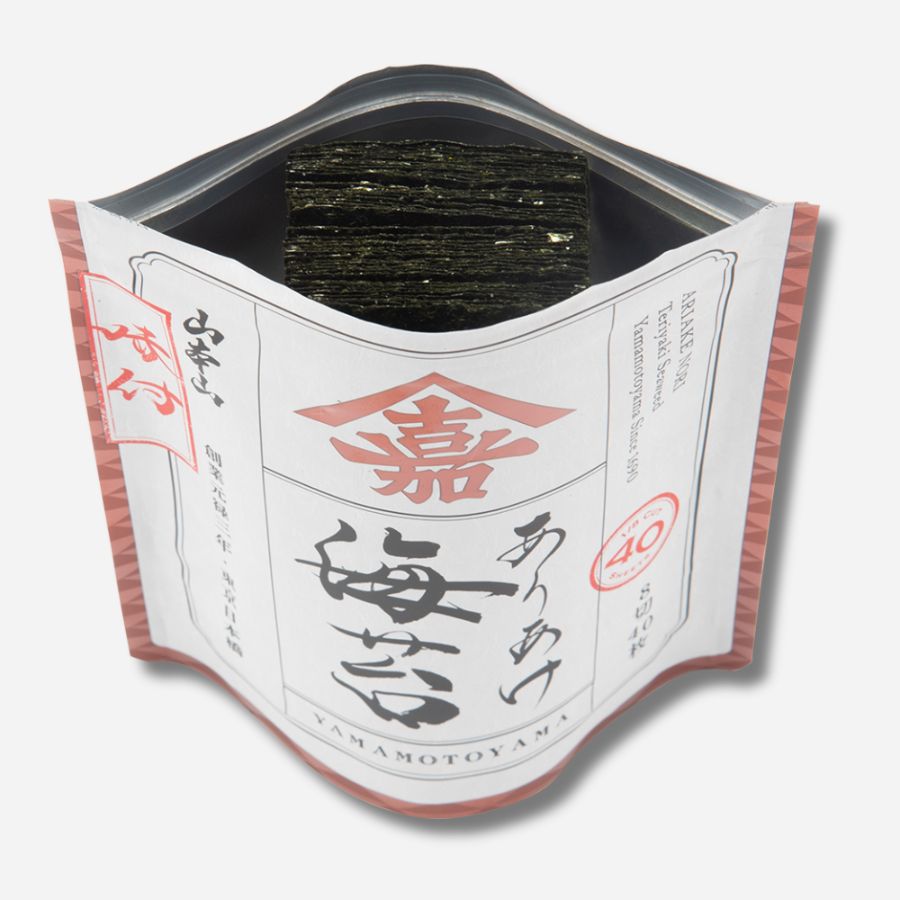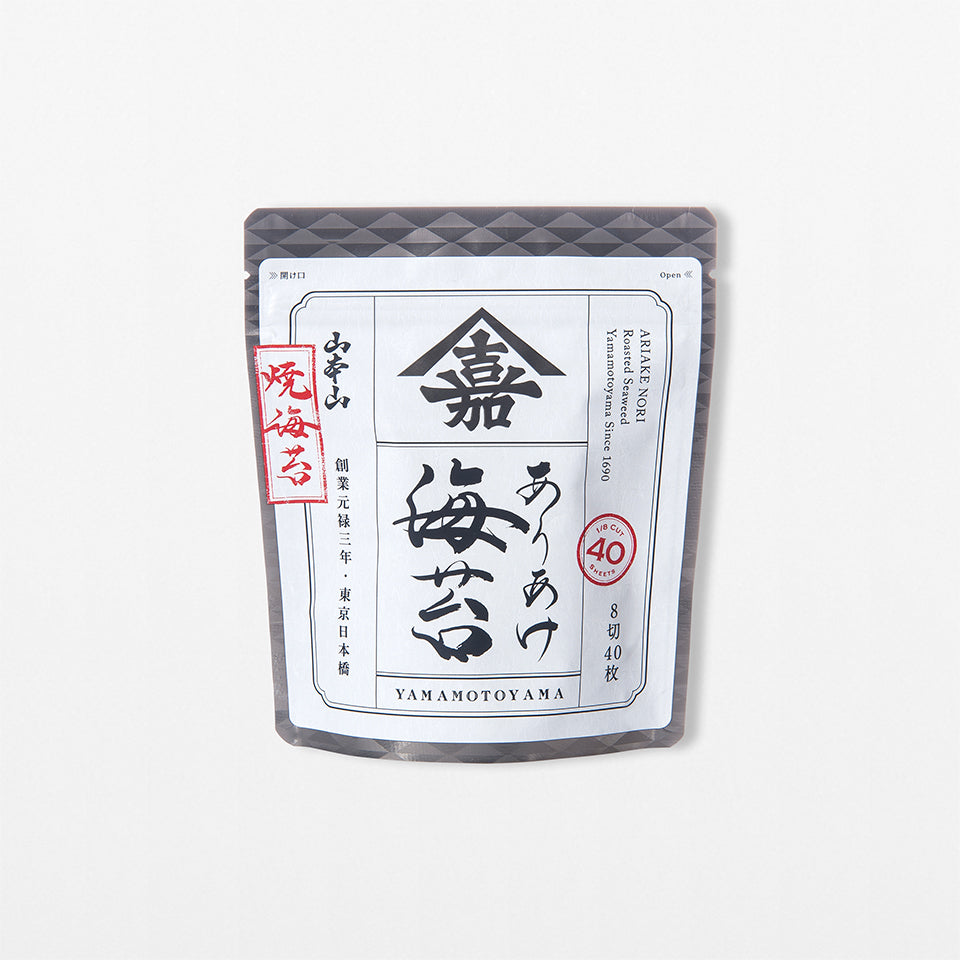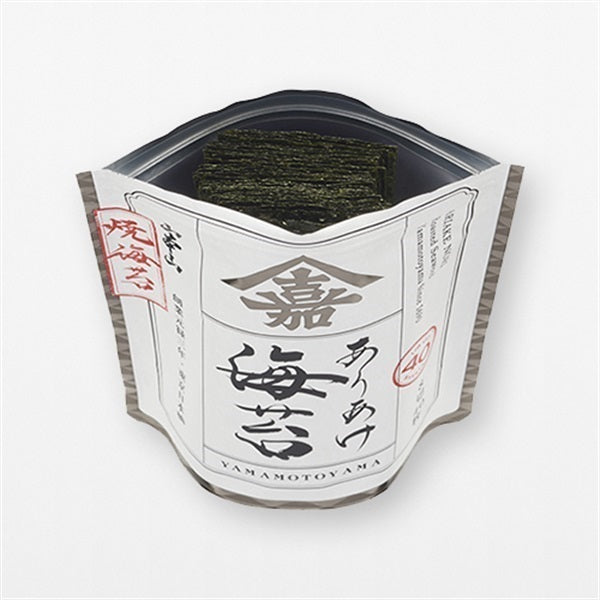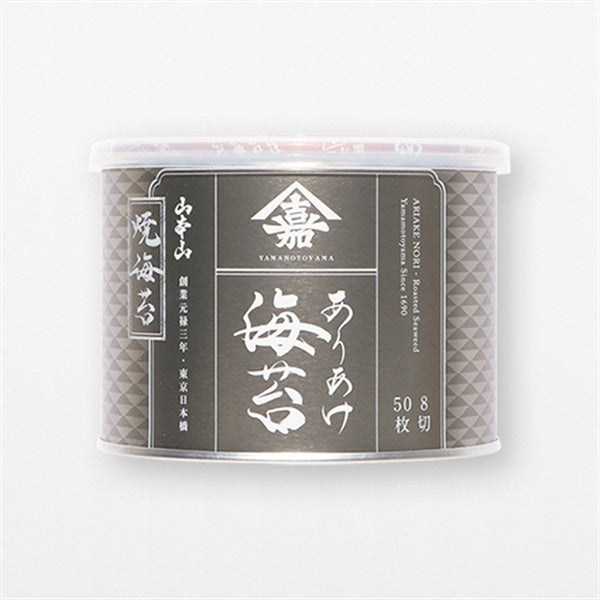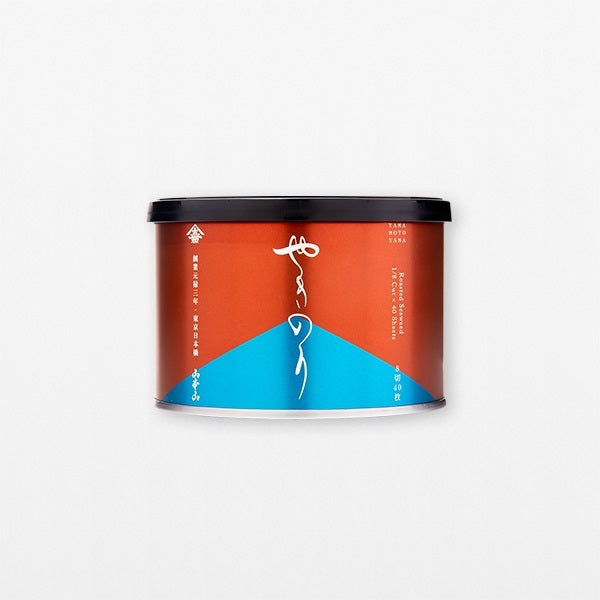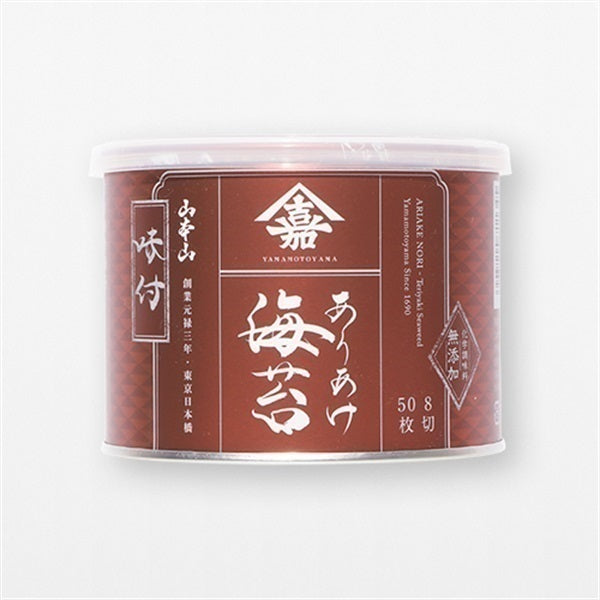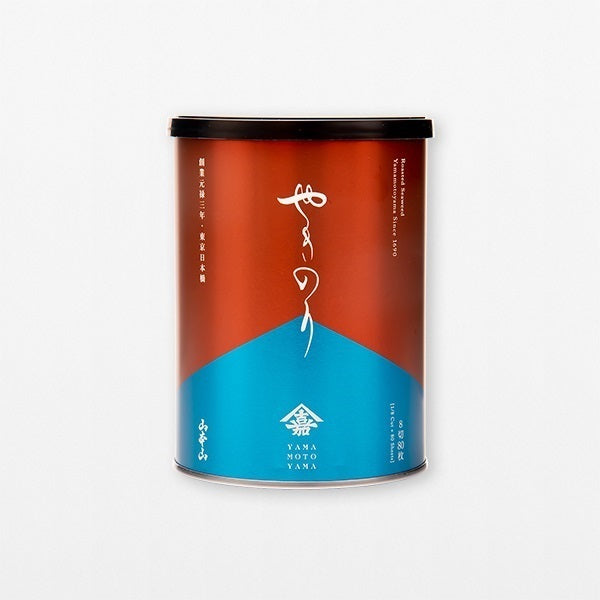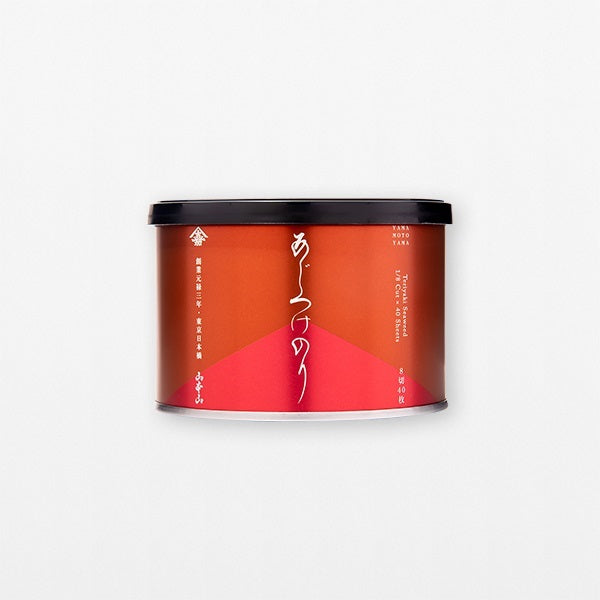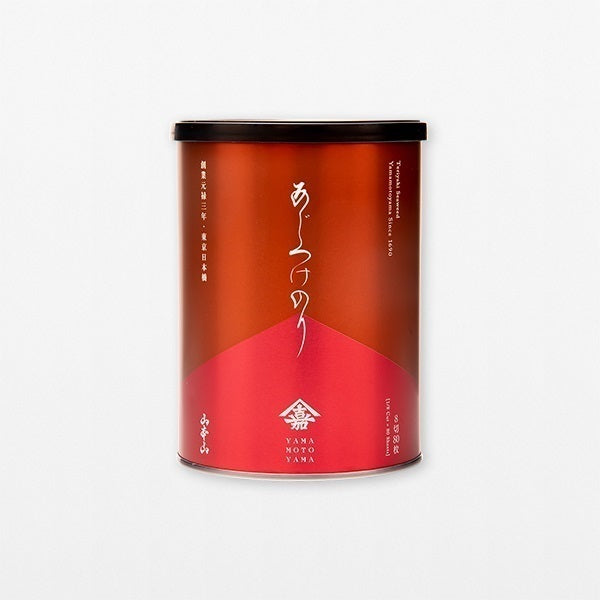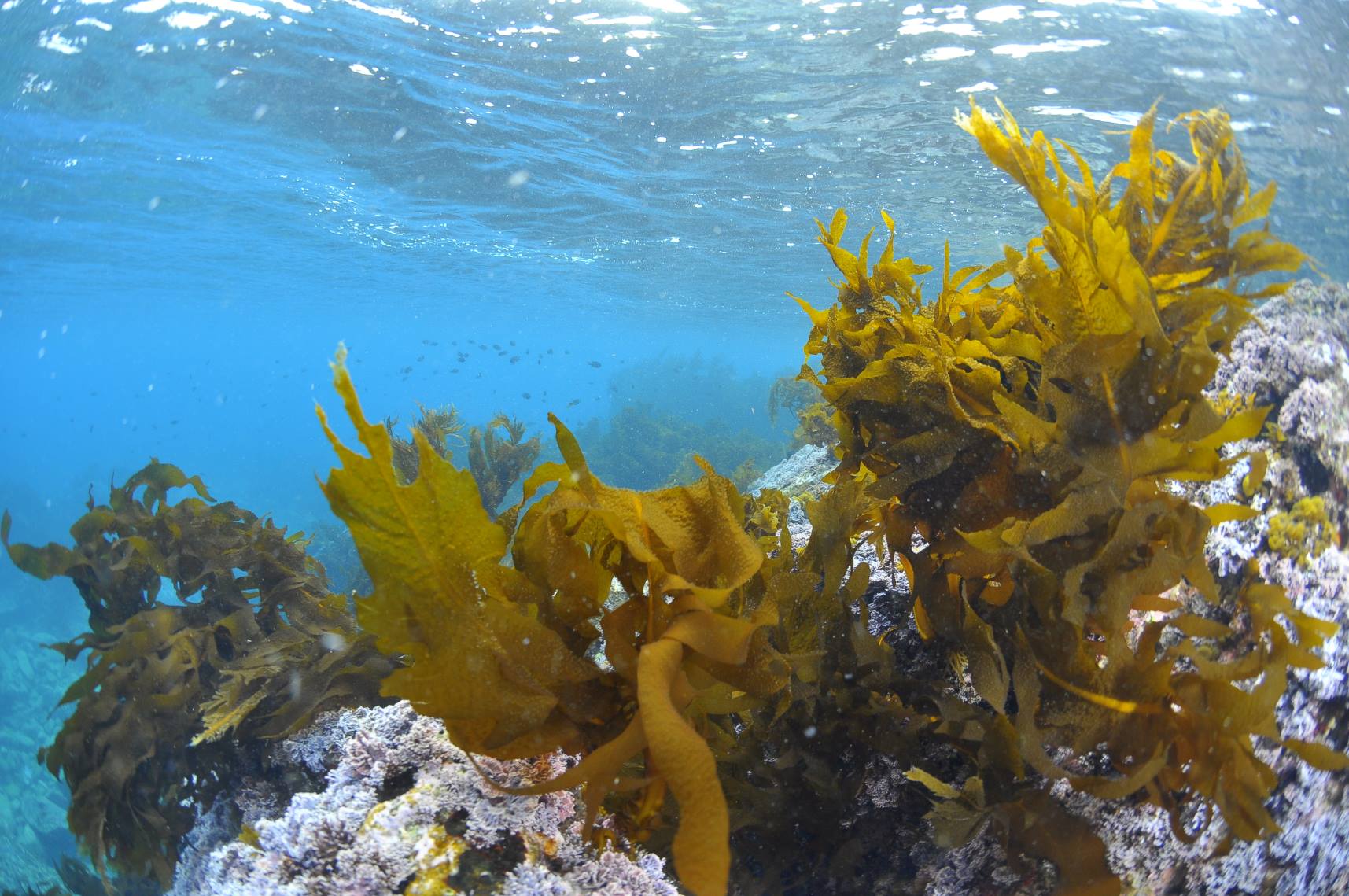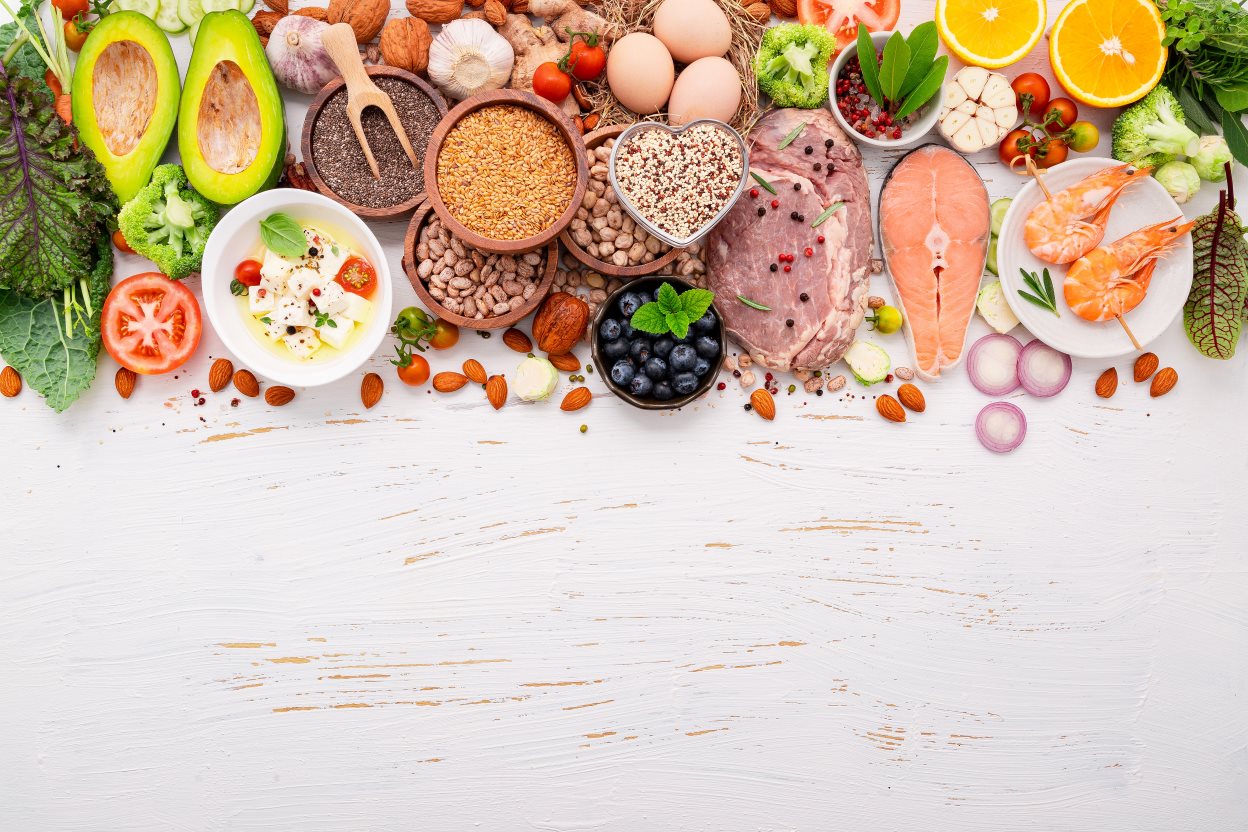
Nutrients contained in seaweed | Introducing its great health benefits!
Introduction
Nori seaweed is an essential ingredient on the Japanese dining table. It is eaten in a variety of ways, such as as a side dish with rice, or as an ingredient in onigiri and temaki sushi.
Nori is not only delicious, but also highly nutritious and has many health benefits.
Seaweed is rich in the following nutrients:

Major nutrients contained in seaweed
- protein
- Folic acid
- iron
- Vitamins: Vitamin A, B vitamins (B1, B2, B6, folic acid), Vitamin C, Vitamin E, etc.
- Minerals: Calcium, iron, zinc, iodine, potassium, magnesium, etc.
- Dietary fiber: insoluble dietary fiber, soluble dietary fiber
- Others: Taurine, EPA, β-carotene, etc.

Nutrients contained in 100g of roasted seaweed
- Energy 297kcal
- Protein 41.3g
- Sodium 530mg
- Potassium 2,400mg
- Calcium 280mg
- Magnesium 300mg
- Iron 11.0mg
- Zinc 3.6mg
- Iodine 2,100㎍
- β-carotene 25,000㎍
- Vitamin B1 0.69mg
- Vitamin B2 2.33mg
- Vitamin B12 58.0㎍
- Vitamin C 210mg
- Folic acid 1,900㎍
*The amount of seaweed varies depending on the size, but each sheet weighs approximately 3g.
Main nutrients contained in seaweed
1. Protein
Protein is a nutrient that is the building block for all tissues in the body, including muscles, organs, blood, skin, hair, teeth, and nails. About 40% of seaweed is made up of protein.
2. Dietary Fiber
Relieves constipation, improves intestinal environment, lowers cholesterol levels, etc. About 36% of seaweed is made up of dietary fiber.
3. Folic Acid
A type of water-soluble vitamin. In addition to helping with the production of red blood cells, it is also necessary for the development of fetal organs in the mother's body. One sheet of nori provides about one-quarter of the daily amount required by an adult.
4. Iron
Prevents anemia. Five sheets of nori seaweed contain as much iron as a slice of beef liver or a bunch of spinach.
5. Vitamin A
Maintains eyesight, keeps skin and mucous membranes healthy, and boosts immunity. Seaweed contains about eight times as much Vitamin A as spinach! Eating two sheets a day provides the Vitamin A needed by growing children.
6. B Vitamins
It is effective in promoting energy metabolism, normalizing neurotransmission function, recovering from fatigue and improving concentration. Compared to the recommended daily intake for adults, it is particularly rich in vitamins B1, B2, B6, folic acid and vitamin B12.
7. Vitamin C
Antioxidant effects, immune system improvement, collagen production promotion, etc. Three sheets of roasted seaweed contain the same amount of vitamin C as one mandarin orange. Normally, vitamin C is sensitive to heat, but the vitamin C contained in seaweed is heat-resistant.
8. Vitamin E
Antioxidant effect, protection of cell membranes, anti-aging, etc. The vitamin E contained in seaweed is mainly of two types: α-tocopherol and γ-tocopherol. α-tocopherol is known as the vitamin E with the strongest antioxidant effect.
9. Calcium
It is the main component that forms bones and teeth. It is involved in important functions such as muscle contraction and normalization of nerve transmission function. Two sheets of seaweed provide calcium equivalent to about 15cc of milk.
10. Iron
Oxygen transport, hemoglobin production, anemia prevention, etc. A lack of iron can cause muscle weakness and fatigue. Nori contains a lot of iron, and about five sheets of nori are equivalent to one slice of beef liver.
11. Zinc
Healing wounds, maintaining sense of taste, improving immunity, etc. One sheet of roasted seaweed (about 3g) contains about 0.2mg of zinc.
12. Iodine
It promotes energy metabolism and physical growth, such as the production of thyroid hormones and the maintenance of basal metabolism. It is recommended that adults consume 0.13 to 3.0 mg of iodine per day, but one sheet of roasted seaweed (3 g) contains half of that amount, about 0.06 mg of iodine.
13. Potassium
It helps to eliminate excess sodium from the body, prevent high blood pressure, and prevent swelling. 100g of nori contains 2,400mg of potassium.
14. Magnesium
In addition to maintaining muscle and nerve function, it is an essential nutrient for promoting energy metabolism and forming bones and teeth. Magnesium content per 100g of nori is 300mg.
15. Taurine
It has the effect of lowering blood pressure, reducing cholesterol and neutral fat levels in the blood, and improving liver function. Nori contains 2.8 times as much taurine as octopus legs, which are said to have a high content of taurine.
16. EPA
EPA, also known as omega-3, has blood-thinning, anti-inflammatory, cholesterol-lowering and other lifestyle-related disease-preventing effects. EPA is usually only found in oily fish, but nori, a plant-based food, contains around 60 mg of EPA per sheet.
17. Beta-Carotene
Antioxidant effects, immune system improvement, cancer prevention, etc. One sheet of whole roasted seaweed (about 3g) contains more beta-carotene than one egg, and can make up about a quarter of the daily intake required by an adult male.
summary
What did you think? I'm sure there are many people who didn't know that seaweed is such a nutritious food.
Nori seaweed has been gaining attention in recent years not only in Japan but around the world due to its high nutritional value and health benefits.
It has a wide range of benefits, including bone health, improved immunity, prevention of high blood pressure, weight loss, stabilizing blood sugar levels, and anti-aging, so it is a food that you should actively consume.
Of course, eating too much seaweed is not good, so rather than ingesting a large amount at once, we recommend eating it sparingly, adding it to your daily meals or as a side dish. Please try incorporating nutritious seaweed into your daily meals.
